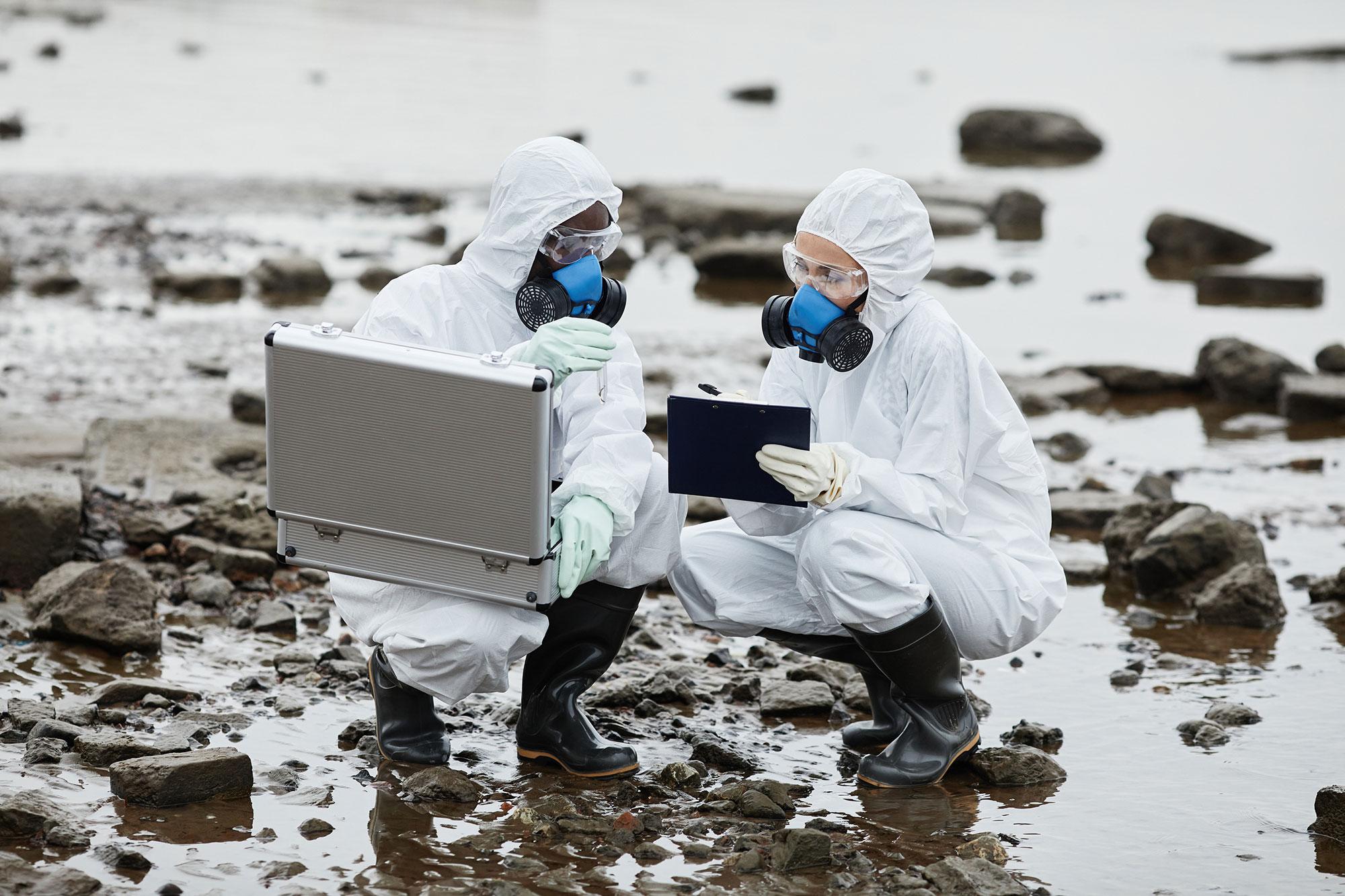Research in crisis areas

Where there are conflicts or frequent natural disasters, research can be associated with more risks than usual. In such cases, the SNSF reviews the risk analyses included in the research plans and suggests sources of information.
Carrying out a research project can sometimes be associated with dangers and increased risks. In the case of research stays in areas of conflict and crisis, for example, personal security risks for project participants cannot be ruled out. Research in the field can also entail increased risks, particularly in areas where natural disasters occur more frequently. In such cases, the applicant's interest in carrying out the research may conflict with the SNSF's interest in keeping project participants safe and protecting human lives.
The liability of research projects is also assessed
The SNSF assesses the feasibility of research proposals during the scientific evaluation process. Risk analyses presented in the research plan are also examined. These may present alternative options, for example how the research could be carried out without travelling to countries with a significant security risk or whether it could be carried out entirely in another country.
As part of the scientific evaluation process, the SNSF can also request additional information from the researchers if necessary. If there is an unjustifiable security risk, it is possible that the interest in keeping project participants safe and protecting human lives outweighs the interest in carrying out the research. In such cases, the SNSF may decide not to consider the application.
Responsibility for their own safety
For research projects that may take place in areas where the SNSF does not consider the security risk to be very high or limited to the region, the following applies: researchers are responsible for their own safety and share responsibility for the safety of the participants in the research project. In such cases, the SNSF may attach conditions to the grant. Moreover, it is not obliged to follow up and assess the security situation after the evaluation of the research project. Researchers must therefore report to the SNSF immediately if the security situation deteriorates. The SNSF supports researchers in crisis situations within the scope of its competences, for example by authorising a change of research location abroad.
Sources of information
Researchers can document risk assessment considerations in the research plan. Useful sources of information on this subject include: the "Guidelines to conflict sensitive research" from the Swiss Academy of Sciences (SCNAT), which are aimed at people conducting research in a conflict-affected areas; the travel advice page of the Federal Department of Foreign Affairs (FDFA), which provides assessments of possible risks and recommendations; the FDFA's Travel Admin App, which is helpful for preparations and when travelling, as well as information from the relevant local authorities for assessing security risks. Travellers can also learn about UN security standards via the United Nations BSAFE online training course. The course provides important information for travel preparation and for dealing with risks when travelling abroad, such as natural disasters, conflicts, illness, etc.
Links
- Evaluation procedure – The most important steps from submitting an application to reporting the results
- Guidelines to conflict sensitive research – Guidelines of the Swiss Academy of Sciences (SCNAT) that provide information on important aspects of the topic
- Federal Department of Foreign Affairs FDFA – Regularly updated assessments of the security situation abroad by the Federal Department of Foreign Affairs
- Travel Admin – Online registration for travel abroad. The FDFA's travel app helps with travel preparations and offers support in the event of a crisis
- BSAFE – United Nations online training programme that informs users about UN security standards